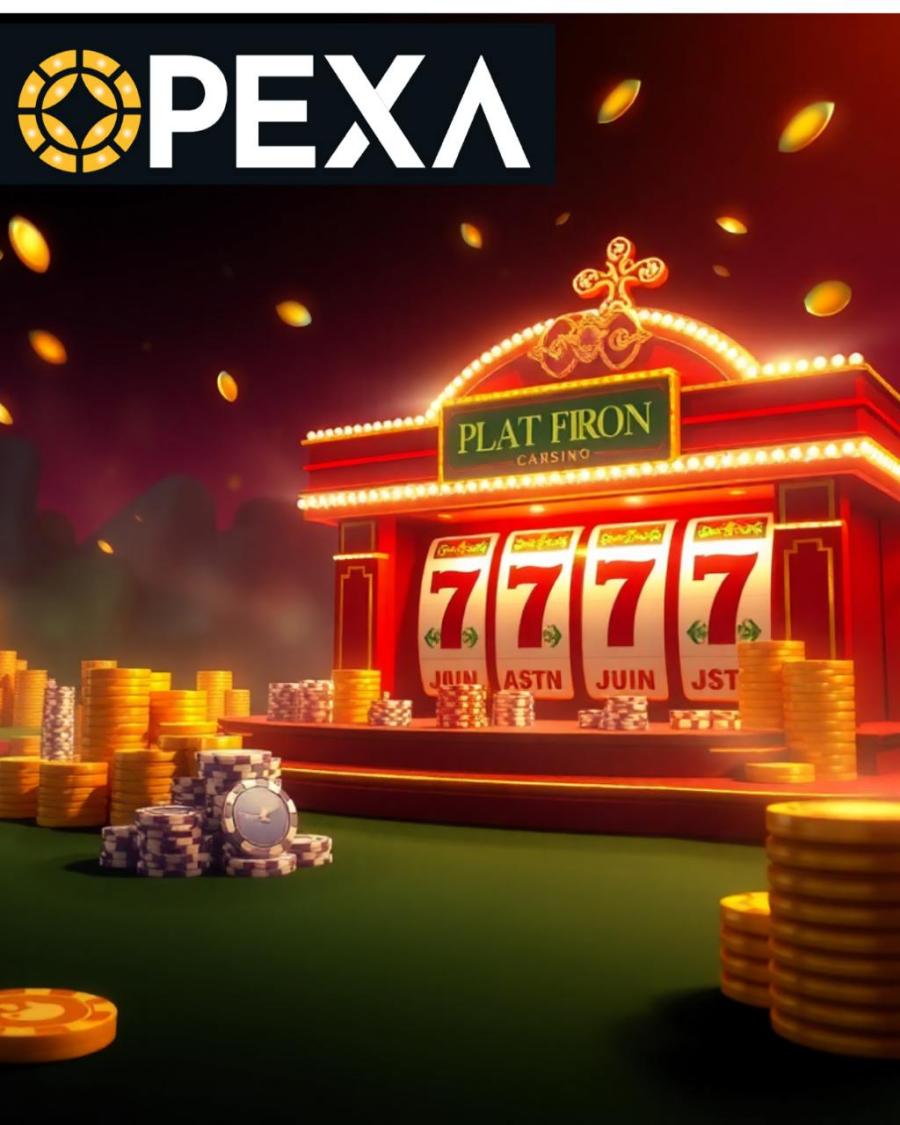
India’s Directorate General of Goods and Services Tax Intelligence (DGGI) recently told the Supreme Court that activities on online gaming platforms should be classified as gambling, rather than regular digital services. As such, the full amount of money wagered by players on these platforms should be subject to a 28% Goods and Services Tax (GST).
N. Venkataraman, Additional Solicitor General representing the government, emphasized that while some games may involve elements of skill, the mere involvement of real money and outcome uncertainty places them in the realm of gambling. “As long as the outcome is not predetermined and the player stands to either win or lose their stake, it is a classic case of betting,” he argued.
Industry Dispute Over Tax Rate
Until recently, most online gaming platforms had been paying GST at a rate of 18%, classifying themselves as providers of entertainment or technical services. However, in recent years, government audits and tax authorities have begun re-examining these classifications, arguing that such activities are, in essence, gambling.
The case now affects a wide scope of entities—71 online gaming companies and several casinos, with total tax demand notices amounting to ₹1.12 trillion (approximately USD 13.5 billion). It marks one of the largest tax cases in India's history and has triggered strong opposition from the gaming industry, with many stakeholders warning that this move could “cripple” innovation and growth within the country’s online gaming sector.
A Potential Reshaping of Legal and Regulatory Frameworks
The Supreme Court’s final ruling is expected to be a landmark decision that could reshape the taxation framework of India’s digital and entertainment economy. Authorities hope the case will also lead to tighter regulation of online betting, skill-based gaming, and virtual currency transactions, helping curb issues such as money laundering, tax evasion, and illegal gambling involving minors.
However, critics argue that taxing all money-based games uniformly as gambling could deviate from international norms. Countries like the UK and Singapore typically distinguish between games of chance and games of skill, imposing stricter regulations only on the former and allowing greater freedom for the latter.
Calls for Clearer Policy and Room for Innovation
Numerous platforms and industry associations have urged the government to establish clearer classification guidelines and a more transparent tax framework, aimed at promoting lawful business practices and attracting foreign investment. They caution that a blanket 28% GST could not only raise the financial burden on operators but also drive some companies out of the market or into unregulated spaces—ultimately undermining both regulatory control and long-term tax revenue.
As of now, the Supreme Court has yet to issue its final verdict, but hearings are progressing swiftly, and a ruling is expected in the coming months.



 2025-05-26
2025-05-26














